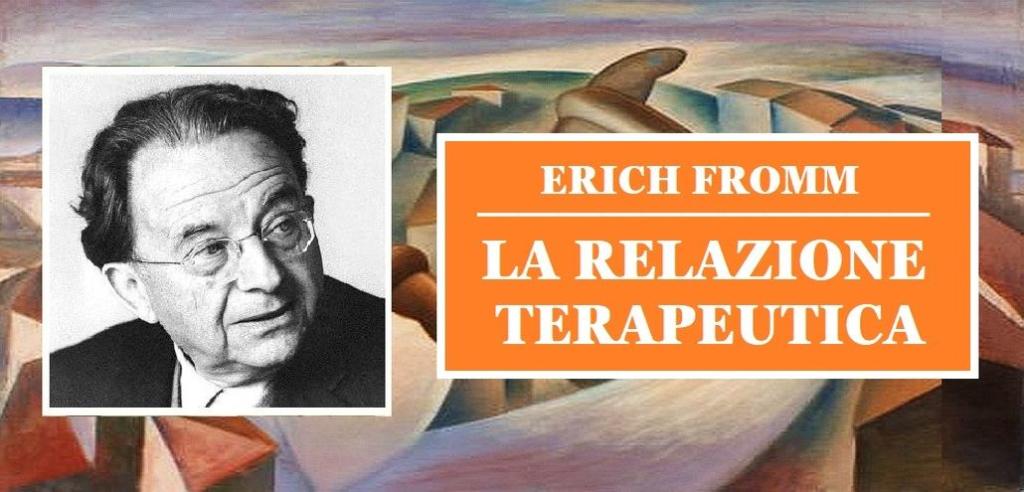What information do we collect?
We collect information from you when you register on our site or place an order.
When ordering or registering on our site, as appropriate, you may be asked to enter your: name, e-mail address or mailing address.
What do we use your information for?
Any of the information we collect from you may be used in one of the following ways:
To personalize your experience
(your information helps us to better respond to your individual needs)
To improve our website
(we continually strive to improve our website offerings based on the information and feedback we receive from you)
To improve customer service
(your information helps us to more effectively respond to your customer service requests and support needs)
To process transactions
Your information, whether public or private, will not be sold, exchanged, transferred, or given to any other company for any reason whatsoever, without your consent, other than for the express purpose of delivering the purchased product or service requested.
To administer a contest, promotion, survey or other site feature
To send periodic emails
The email address you provide for order processing, will only be used to send you information and updates pertaining to your order.
How do we protect your information?
We implement a variety of security measures to maintain the safety of your personal information when you place an order or enter, submit, or access your personal information.
We offer the use of a secure server. All supplied sensitive/credit information is transmitted via Secure Socket Layer (SSL) technology and then encrypted into our Payment gateway providers database only to be accessible by those authorized with special access rights to such systems, and are required to?keep the information confidential.
After a transaction, your private information (credit cards, social security numbers, financials, etc.) will not be kept on file for more than 60 days.
Do we use cookies?
Yes (Cookies are small files that a site or its service provider transfers to your computers hard drive through your Web browser (if you allow) that enables the sites or service providers systems to recognize your browser and capture and remember certain information
We use cookies to help us remember and process the items in your shopping cart, understand and save your preferences for future visits, keep track of advertisements and compile aggregate data about site traffic and site interaction so that we can offer better site experiences and tools in the future. We may contract with third-party service providers to assist us in better understanding our site visitors. These service providers are not permitted to use the information collected on our behalf except to help us conduct and improve our business.
If you prefer, you can choose to have your computer warn you each time a cookie is being sent, or you can choose to turn off all cookies via your browser settings. Like most websites, if you turn your cookies off, some of our services may not function properly. However, you can still place orders by contacting customer service.
Google Analytics
We use Google Analytics on our sites for anonymous reporting of site usage and for advertising on the site. If you would like to opt-out of Google Analytics monitoring your behaviour on our sites please use this link (
https://tools.google.com/dlpage/gaoptout/)
Do we disclose any information to outside parties?
We do not sell, trade, or otherwise transfer to outside parties your personally identifiable information. This does not include trusted third parties who assist us in operating our website, conducting our business, or servicing you, so long as those parties agree to keep this information confidential. We may also release your information when we believe release is appropriate to comply with the law, enforce our site policies, or protect ours or others rights, property, or safety. However, non-personally identifiable visitor information may be provided to other parties for marketing, advertising, or other uses.
Registration
The minimum information we need to register you is your name, email address and a password. We will ask you more questions for different services, including sales promotions. Unless we say otherwise, you have to answer all the registration questions.
We may also ask some other, voluntary questions during registration for certain services (for example, professional networks) so we can gain a clearer understanding of who you are. This also allows us to personalise services for you.
To assist us in our marketing, in addition to the data that you provide to us if you register, we may also obtain data from trusted third parties to help us understand what you might be interested in. This ‘profiling’ information is produced from a variety of sources, including publicly available data (such as the electoral roll) or from sources such as surveys and polls where you have given your permission for your data to be shared. You can choose not to have such data shared with the Guardian from these sources by logging into your account and changing the settings in the privacy section.
After you have registered, and with your permission, we may send you emails we think may interest you. Newsletters may be personalised based on what you have been reading on theguardian.com. At any time you can decide not to receive these emails and will be able to ‘unsubscribe’.
Logging in using social networking credentials
If you log-in to our sites using a Facebook log-in, you are granting permission to Facebook to share your user details with us. This will include your name, email address, date of birth and location which will then be used to form a Guardian identity. You can also use your picture from Facebook as part of your profile. This will also allow us and Facebook to share your, networks, user ID and any other information you choose to share according to your Facebook account settings. If you remove the Guardian app from your Facebook settings, we will no longer have access to this information.
If you log-in to our sites using a Google log-in, you grant permission to Google to share your user details with us. This will include your name, email address, date of birth, sex and location which we will then use to form a Guardian identity. You may use your picture from Google as part of your profile. This also allows us to share your networks, user ID and any other information you choose to share according to your Google account settings. If you remove the Guardian from your Google settings, we will no longer have access to this information.
If you log-in to our sites using a twitter log-in, we receive your avatar (the small picture that appears next to your tweets) and twitter username.
Children’s Online Privacy Protection Act Compliance
We are in compliance with the requirements of COPPA (Childrens Online Privacy Protection Act), we do not collect any information from anyone under 13 years of age. Our website, products and services are all directed to people who are at least 13 years old or older.
Updating your personal information
We offer a ‘My details’ page (also known as Dashboard), where you can update your personal information at any time, and change your marketing preferences. You can get to this page from most pages on the site – simply click on the ‘My details’ link at the top of the screen when you are signed in.
Online Privacy Policy Only
This online privacy policy applies only to information collected through our website and not to information collected offline.
Your Consent
By using our site, you consent to our privacy policy.
Changes to our Privacy Policy
If we decide to change our privacy policy, we will post those changes on this page.
 For weeks now, I have been following the detective story of Luigi Criscuolo, known as Gigi Bici, whose death and motive are still shrouded in mystery. A woman, who defines herself as a physiotherapist and whose role in the whole affair is still to be clarified, has become the protagonist of this gruesome case.
For weeks now, I have been following the detective story of Luigi Criscuolo, known as Gigi Bici, whose death and motive are still shrouded in mystery. A woman, who defines herself as a physiotherapist and whose role in the whole affair is still to be clarified, has become the protagonist of this gruesome case.
 Erich Fromm argues that “often the narcissist achieves a sense of security in the entirely subjective belief in his own perfection, his superiority over others, his exceptional qualities, and not through the relationship he has with others or through his actual work or achievements. He needs to cling to his narcissistic self-image, because his self-esteem and sense of identity are based on it“.
Erich Fromm argues that “often the narcissist achieves a sense of security in the entirely subjective belief in his own perfection, his superiority over others, his exceptional qualities, and not through the relationship he has with others or through his actual work or achievements. He needs to cling to his narcissistic self-image, because his self-esteem and sense of identity are based on it“. The narcissist is persuaded that it is a right to be greeted by others with admiration and attention, and he chooses his friendships from the circle of special people or those belonging to a high class. The individual with narcissistic personality disorder is so focused on his or her own person that he or she has difficulty recognising the emotions, feelings, aspirations and desires of others, in other words he or she lacks empathy, and in a friendship, or particularly in a relationship, leads his or her partner to experience emotional coldness and lack of interest in him or her. In fact, the person who enters into a relationship with a narcissist suffers precisely from a lack of real affection. The person with narcissistic personality disorder does not care if his or her behaviour hurts or injures the feelings of others, let alone if it causes sorrow or distress. Pathological narcissists are able to hide behind various masks, which correspond to manipulative behaviour used to conceal their own aims and condition. It is easy to fall into the trap of such a person, especially in a love relationship that in the long run turns out to be a toxic love affair, the partner risks becoming entangled in a web of submission and emotional dependence that is completely destructive.
The narcissist is persuaded that it is a right to be greeted by others with admiration and attention, and he chooses his friendships from the circle of special people or those belonging to a high class. The individual with narcissistic personality disorder is so focused on his or her own person that he or she has difficulty recognising the emotions, feelings, aspirations and desires of others, in other words he or she lacks empathy, and in a friendship, or particularly in a relationship, leads his or her partner to experience emotional coldness and lack of interest in him or her. In fact, the person who enters into a relationship with a narcissist suffers precisely from a lack of real affection. The person with narcissistic personality disorder does not care if his or her behaviour hurts or injures the feelings of others, let alone if it causes sorrow or distress. Pathological narcissists are able to hide behind various masks, which correspond to manipulative behaviour used to conceal their own aims and condition. It is easy to fall into the trap of such a person, especially in a love relationship that in the long run turns out to be a toxic love affair, the partner risks becoming entangled in a web of submission and emotional dependence that is completely destructive.